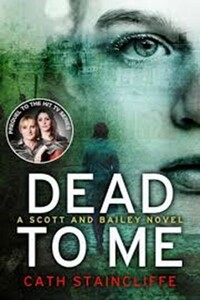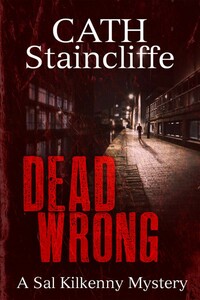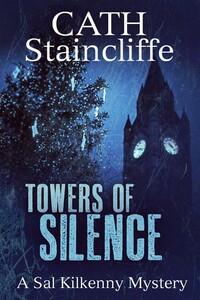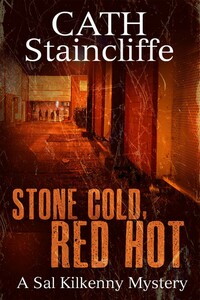Letters To My Daughter's Killer | страница 35
‘No,’ she says again.
He glances at me, I shrug. What can we do?
Tony returns to work. Does that sound heartless? He tells me he is going mad with nothing to do, brooding at home. That he’ll be better occupied, his business won’t run itself, though they could get by on Denise’s income for a few weeks if they had to. There is no way I can face the thought of work, but I force myself to go out of the house once a day. I cannot hide for ever.
Returning the calls of people who have left messages is really difficult, and I give up trying.
‘You’ve not been able to have a funeral yet,’ Kay says. ‘Usually when someone dies you can focus on that, you’re run ragged making arrangements, everything’s leading to saying a very public goodbye. Without that it is hard to move on with grieving.’
She is right, we are rudderless. ‘People will understand and you can get in touch when you’re ready. Don’t sweat it.’
Kay has a few Americanisms that make me smile. She spent some time working over there on an exchange programme. In Chicago. She loved it.
‘You wouldn’t go back?’
‘No chance now, they’re not hiring.’
The tablets help in one regard: they make it easier for me to avoid dwelling on the scene at Lizzie’s house. It is there at the edge of my mind, a shadow hovering, but like a word that can’t be summoned, or a name forgotten, it stays just out of reach. Sometimes I wake suddenly, full of unease, sweating, and I wonder if I’ve been dreaming about Lizzie, visiting the scene in my slumber. Jack hasn’t taken any medication though I suggest he might. I hear him crying most nights, or pacing about.
We do everything we are asked. Jack talks to the police again.
Every day I ask Kay if they’ve had any witnesses come forward, if anyone saw anything, a stranger in the area. If they’ve found Broderick Litton.
‘Nothing yet, but it is very early on,’ she keeps saying.
My neighbours bring more food. We’ve already had to throw some out and I’ve no idea which dishes are whose.
Jack puts a lasagne in the oven.
‘Did the police say anything?’ I ask him.
He shakes his head, and then stills. ‘Only that they think she let him in.’
My heart quickens. Another morsel of fact. They are like shots of a drug. Dizzying, addictive. ‘Why do they think that?’ I sit down.
‘Because there wasn’t any damage to the door, no sign of him breaking in anywhere else.’
I absorb this. ‘She would never have let that man in. Litton. Not in a million years. Or anyone else, come to that.’





